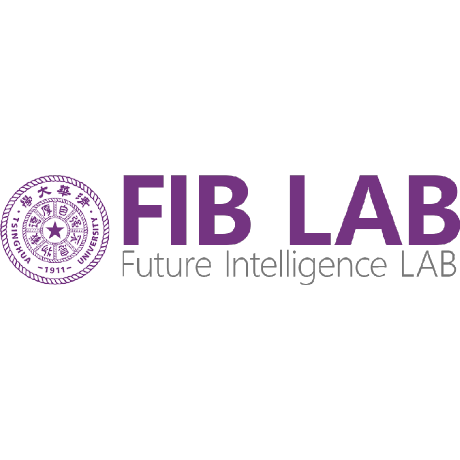Discover and explore top open-source AI tools and projects—updated daily.
factorio-learning-environment by  JackHopkins
JackHopkins
Framework for evaluating LLM agents in Factorio
Top 39.4% on SourcePulse
This repository provides the Factorio Learning Environment (FLE), a framework for developing and evaluating Large Language Model (LLM) agents within the game Factorio. It offers two modes: "Lab-play" for structured tasks and "Open-play" for unbounded factory building, aiming to assess LLMs' spatial reasoning and complex automation capabilities.
How It Works
FLE enables LLM agents to interact with Factorio through a code synthesis REPL pattern. Agents observe the game state via program output streams, generate Python code for actions using a provided API, and receive feedback. This feedback loop, coupled with a namespace for state management and typed exceptions for debugging, allows agents to build complex representations and self-correct. The environment supports custom tools, implemented in Python and Lua, for agent interaction.
Quick Start & Requirements
- Install:
pip install -e . - Prerequisites: Factorio (version 1.1.110), Python 3.10+, Docker.
- Setup: Requires purchasing Factorio, downgrading to version 1.1.110, configuring Docker, and setting up a database (Postgres or SQLite). Firewall configuration may be needed for remote servers.
- Links: Leaderboard, Paper, Website
Highlighted Details
- Supports two main modes: Lab-play (24 structured tasks) and Open-play (unbounded factory building).
- Includes a visual agent that takes map renderings as input.
- Offers a comprehensive API with ~27 agent tools for game interaction.
- Benchmarks show significant performance differences between headless and client-based Factorio server execution, with headless offering higher throughput.
- The interpreter overhead for executing Python policies is substantial, reducing ops/sec by up to 69%.
Maintenance & Community
- The project is actively maintained, with recent updates including the visual agent.
- Community channels are not explicitly mentioned in the README.
Licensing & Compatibility
- The repository's license is not explicitly stated in the provided README text.
Limitations & Caveats
- Requires a specific, older version of Factorio (1.1.110), necessitating a downgrade.
- The setup process involves multiple steps including game installation, Docker configuration, and database setup, which can be time-consuming.
- Performance benchmarks indicate that the Python interpreter layer significantly impacts execution speed.
6 days ago
1 day

 CraftJarvis
CraftJarvis open-thought
open-thought mpaepper
mpaepper langchain-ai
langchain-ai KwaiKEG
KwaiKEG Jenqyang
Jenqyang py499372727
py499372727 Farama-Foundation
Farama-Foundation kaushikb11
kaushikb11 tsinghua-fib-lab
tsinghua-fib-lab pippinlovesyou
pippinlovesyou